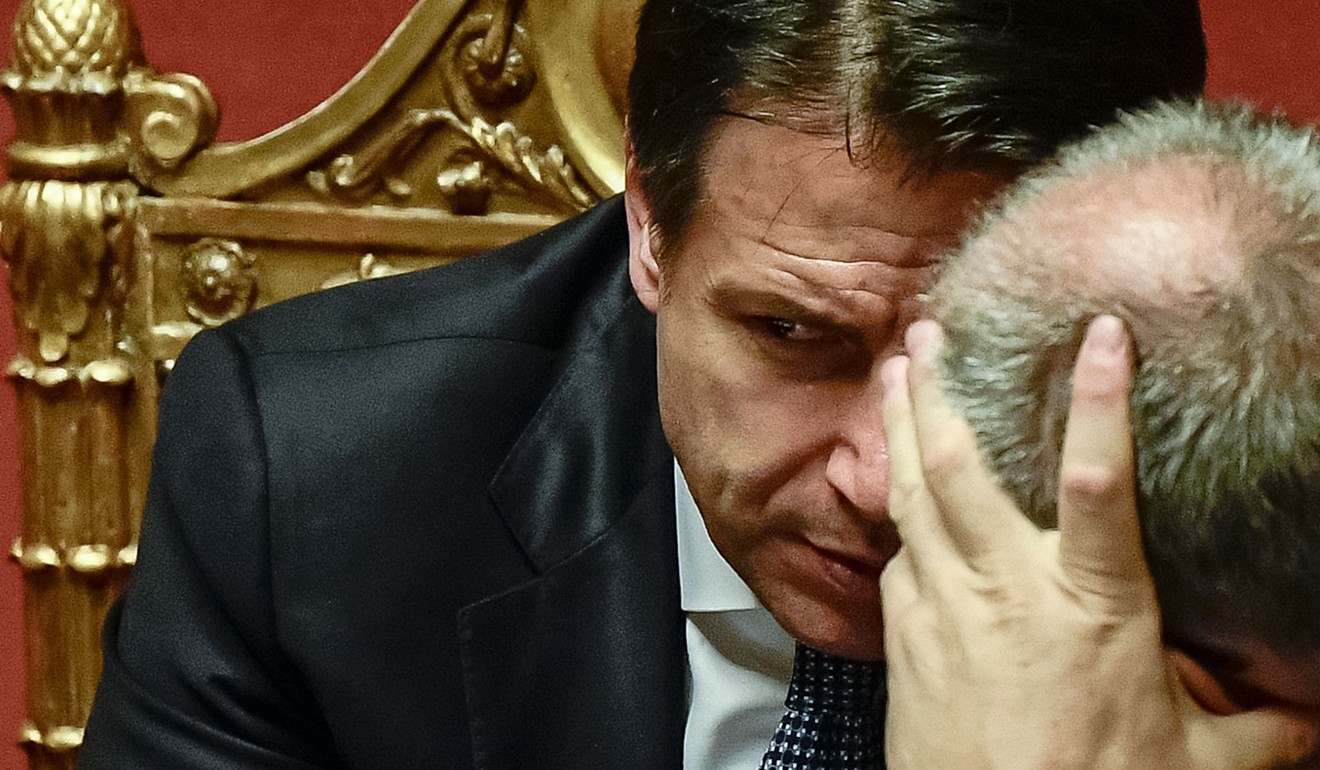
Muted market reaction to Saudi oil attacks underlines investors’ habit to underprice geopolitical risks
- Markets have long struggled to assess and price political and geopolitical risks accurately, given our innate reluctance to prepare for worst-case scenarios
- This explains, too, the reaction to a potentially disastrous no-deal Brexit
Not only was the sudden loss in output the single biggest disruption on record, exceeding both the loss of Kuwaiti and Iraqi oil production during the Gulf war in 1990 and the hit to Iranian output triggered by the Islamic revolution in 1979, it exposed the acute vulnerability of the oil infrastructure of the world’s largest exporter.
Yet, judging by the muted reaction to the attack in stock and bond markets – the benchmark S&P 500 index barely fell on Monday and is currently trading within a whisker of its all-time high reached in late July, while the yield on 10-year US Treasury bonds fell a mere 5 basis points – it would appear that investors are not that concerned.
On closer inspection, however, the reaction is not so much a sign of complacency as uncertainty, and, crucially, an innate reluctance to prepare for worst-case scenarios.
Investors have long struggled to assess and price political and geopolitical risks accurately. This is because, unlike financial and economic risks which are quantifiable and can be inserted into spreadsheets, threats that stem from political instability or changes within a country, or are associated with wars, terrorist acts or tensions between nations, are much more difficult to evaluate.
What is more, as old-fashioned analysis by humans has given way to computer-driven trading strategies, markets have become even less sensitive to the non-quantitative factors influencing asset prices.
This has happened at a time when political risks have become a more important determinant of sentiment – particularly in advanced economies which, up until recently, were thought to be much safer than emerging markets.
As geopolitics roil markets, currencies are the first to respond
However, the near break-up of the euro zone in 2012 shattered the illusion that developed economies were more insulated from political instability. Jerome Booth, a veteran emerging market investor, noted in 2011 that the difference between advanced economies and emerging markets lay mainly in investors' risk perceptions.
“All countries are risky, [but] emerging markets are the ones where that risk is priced in. It may not be priced correctly, but it is priced in,” he rightly observed.
In developed markets, political risks are still being underpriced significantly.
Take Italy, which has the second-highest level of public debt as a share of gross domestic product in Europe. It is struggling with chronically low growth and is acutely vulnerable to another political crisis.

Despite all these weaknesses, the yield on the country’s 10-year bonds currently stands at just 0.8 per cent. This is absurdly low, and is setting investors up for a nasty shock when markets reprice more sharply.
Stocks Blog: Shanghai rises on hopes Chinese rate cut will follow Fed, HKMA moves
It is striking that the FTSE 100 index of blue-chip UK stocks has risen almost 9 per cent this year – and, more surprisingly, that the hypersensitive British pound is up nearly 4 per cent against the US dollar since early August – despite the fact that a no-deal outcome on October 31 looks increasingly likely.
Even the government’s own Brexit minister, Stephen Barclay, admitted that the threat of severing 46 years of close ties with Britain’s biggest trading partner overnight is being “underpriced”.
The unwillingness of investors to adequately position themselves for a no-deal Brexit reflects a number of factors, including the possibility that a last-minute deal or extension may yet be agreed by the deadline of October 31.
However, the main reason is psychological: investors have a habit of convincing themselves that worst-case scenarios will not materialise because the dire consequences do not bear thinking about.
Hong Kong stocks hit losing streak with no end in sight for protests
This is especially the case when it comes to the most extreme geopolitical events. Why, for instance, should markets start fretting about the very low probability of all-out war in the Middle East, or on the Korean peninsula, for that matter? There is little point in trying to price in nuclear Armageddon.
Years of ultra-loose monetary policy have desensitised markets to vulnerabilities in the global economy. The longer asset prices remain distorted, the more likely it is that markets will continue to underestimate and underprice political risks.
Nicholas Spiro is a partner at Lauressa Advisory

